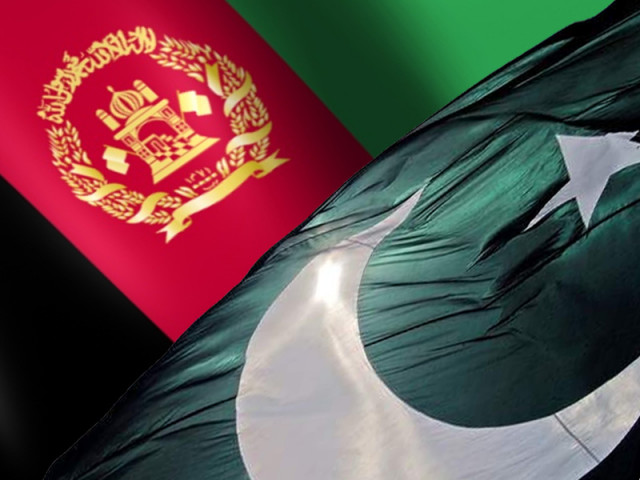Pak-Afghan ties: Militants on back foot due to enhanced cooperation
Speakers say creation of employment crucial in Afghan refugees’ repatriation.

He said the two countries were also working to stop cross-border smuggling. STOCK IMAGE
This was stated by Foreign Secretary Aizaz Ahmed Chaudhary at a seminar on Af-Pak ties on Friday. He said that the Afghan leadership was sensitive to Pakistan’s complaints about Indian involvement in Balochistan through Afghanistan.
Chaudhary said the two governments have also made a lot of progress on the economic front, particularly on Afghan transit trade. He said the two countries were also working to stop cross-border smuggling.

He said Pakistan is hosting around three million registered and unregistered Afghan refugees. He said that repatriation of Afghan refugees will be on voluntary basis. He said President Ashraf Ghani has also announced land ownership rights for returning refugees.
“We have to create livelihood activities in their home. We are working jointly with the Afghan government and exchange of allegation is a thing of the past,” said the foreign secretary.
He said the militant narrative that they had defeated a supper power and can throw out governments in Kabul was a flawed narrative.
He said the Pakistani government had built a national political consensus against terrorism, without which military action in Federally Administered Tribal Areas was not possible. He said the militants lost any sympathy they had after the Peshawar school attack.
“Pakistan is committed to pursuing peace and stability in Afghanistan since it will mean peace in Pakistan and in the region. The government is pursuing this policy at political as well as the economic front,” he said and maintained that the political process of reconciliation between the two countries and within Afghanistan was being helped by China and the US.
He said that President Ashraf Ghani was a visionary leader who along with Pakistan had decided to no longer allow the terrorists to operate on either side of the border.
Ambassador Mahmoud Saikal said that there was a wind of change in Afghanistan with the unity government, withdrawal of foreign troops, and other constructive steps by President Ashraf Ghani including his visit to Pakistan after his election.
He said that the Peshawar school attack had not only united Pakistan but had also brought the two countries together.
“Afghan land is not being used by India for its proxy war against Pakistan,” said Saikal, “they are rumours only. Kabul cannot be used as a launching pad for proxy wars.”
The seminar was organised by Friedrich-Ebert-Stiftung Pakistan in collaboration with the Government and Policy Advisors (GPA).
Published in The Express Tribune, April 11th, 2015.



















COMMENTS
Comments are moderated and generally will be posted if they are on-topic and not abusive.
For more information, please see our Comments FAQ